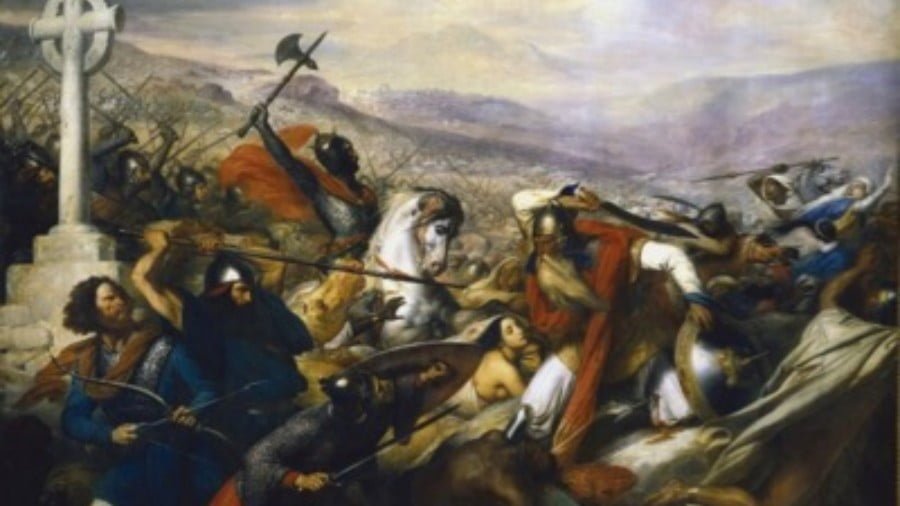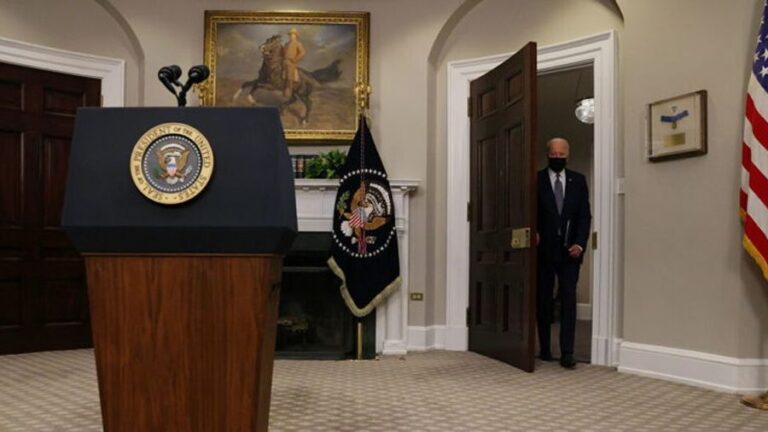Understanding International Relations
In the course of the many e-mail exchanges, it has become clear that many things I take for granted are not for all my readers. So I would like to return to some ideas, some of which you will find generalities, but others of which will surprise you.
We are all human, but different
It is possible to travel to a faraway country and visit only hotels and sunny beaches. It is good for tanning, but it is humanly a missed opportunity. This country is inhabited by people like us, maybe different in appearance, maybe not, with whom we could have exchanged. Surely we would have befriended some of them.
Generally speaking, the traveller will always make sure that he or she has more resources than the locals he or she is visiting so that he or she can deal with any problems. Perhaps, in this comfortable situation, the traveller will then embark on a journey into the unknown and approach a few people. But who is going to speak freely and entrust his joys and anxieties to a rich traveller?
It is the same in international relations: it is always very difficult to really know what is happening abroad and to understand it.
International relations involve several actors who are foreign to us. That is to say, men who have traumas and ambitions that we don’t know and that we have to share before we can understand them. What is important to them is not necessarily what concerns us. There are good reasons for this that we need to find out if we want to move forward with them.
Each of us considers our values to be qualitatively superior to those of others until we understand why they think differently. The Greeks called foreigners “barbarians”. All peoples, no matter how educated they may be, think the same. This has nothing to do with racism, but with ignorance.
It doesn’t mean that all cultures and civilizations are equal and that you would want to live anywhere. There are places where people look dull and there are places where they look bright.
The development of means of transportation has made it possible to get anywhere in a few hours. We are thrown from one moment to the next into another world and we continue to think and act as if we were at home. At best, we read a little bit about these strangers before we go to their homes. But until we meet them, we can’t know which authors understood them and which others missed the point.
To tell the truth, you don’t have to go to a country to understand its people. They too can travel. But we should not get the wrong people to talk to: those who claim to have run away from their relatives and speak badly of them are much more often liars than heroes. They are not necessarily bad people, they can also tell us what they imagine we would like to hear and, when we get to know them better, change their story. However, we must be very wary of political expatriates: do not confuse Ahmed Chalabi in London with Charles De Gaulle. The former had fled Iraq after a swindle and lied about everything; the latter had genuine popular support in France. The former opened the door of his country to the invaders, the latter delivered his country from the invaders.
People change with age. So do people, but they are much slower. What characterizes them is the centuries. Therefore, we must study their history at length to understand them, even if they are unaware of their past, like the Muslims who wrongly consider the periods prior to the revelation of their religion to be obscure. In any case, it is impossible to understand a people without knowing its history, not over the last decade, but over the millennia. You have to be very self-informed to believe that you understand a war by going to the scene without studying the history and motivations of the protagonists at length.
What is good for knowing people is also effective for dominating them. That’s why the British trained their most famous spies and diplomats at the British Museum.
The “bad guys”
What we don’t understand often frightens us.
When, in a human group, an elite, or even a single person, oppresses others, his peers, he can only do so with their own acquiescence. This is what we see in sects. If we want to help these oppressed people, the solution is not to take sanctions against their group or to eliminate their leader, but to give them fresh air, to help them realize that they can live differently.
Sectarian groups represent only a relative danger to the rest of the world because they refuse to communicate with it. Above all, they are a danger to themselves which can lead them to self-destruction.
There is no dictatorship against the will of the majority. It is simply impossible. That is, moreover, the origin of the democratic system: the approval of leaders by a majority prevents any form of dictatorship. The only regime that oppressed the majority of its population and that I have experienced is Gorbachev’s Soviet Union. Gorbachev had nothing to do with it and it was he himself who dissolved it.
This is the principle that the United States used to organize the “colour revolutions”: no regime can survive if it refuses to obey it. It collapses instantly. It is therefore enough to manipulate the crowds for a short moment to change any regime. What happens next is obviously unpredictable when the crowd comes to its senses. These so-called revolutions only last a few days. They have nothing to do with a change in society that takes years or even a generation.
In any case, it is always easy to describe a faraway country as an abominable dictatorship and thus justify coming to the rescue of the oppressed population.
All men are reasonable. However, they can fall into madness when they neglect their Reason in the name of an Ideology or a Religion. This has nothing to do with the project of that ideology or with the faith of that religion. The Nazis hoped to build a better world than the Treaty of Versailles, but they were not aware of their crimes. They disappeared and their achievements were forgotten (except for the VolksWagen and the conquest of space by Wernher von Braun). Islamists (I am talking about the political movement, not the Muslim religion) think they are serving the divine will, but they are not aware of their crimes. They will disappear without realizing anything. These two groups have in common their blindness. They could be easily manipulated, the first against the Soviets, the second by the United Kingdom.
No religion is immune whatever its message. In India, Yogi Adityanath (a close associate of Prime Minister Narendra Modi) called on the mob to destroy the Ayodhya Mosque in 1992, and ten years later his followers massacred Muslims in Gujarat whom they falsely accused of seeking revenge. Or in Myanmar, the Buddhist monk Ashin Wirathu (who has no connection with the Burmese army and even less with Aung San Suu Kyi) preaches to kill Muslims.
There is no limit to human violence when we disregard our Reason. Those who practice it are artists: they have a style and imagine spectacular ways. Group cruelty is not a solitary sadistic pleasure, but a collective ritual. It frightens us and forces us to submit.
Daesh staged its crimes and filmed them, not hesitating to use special effects to frighten even more.
It is unlikely that the Nazis intended to kill their prisoners by the millions, but rather that they intended to exploit their labour force without regard for their lives, for they committed their crimes in secret, making their victims disappear in “night and fog”.
On the contrary, during the war against the white armies, the Bolsheviks decided to wipe out the social classes favorable to tsarism. This probably had nothing to do with their ideology, but with the civil war. So they just shot them.







